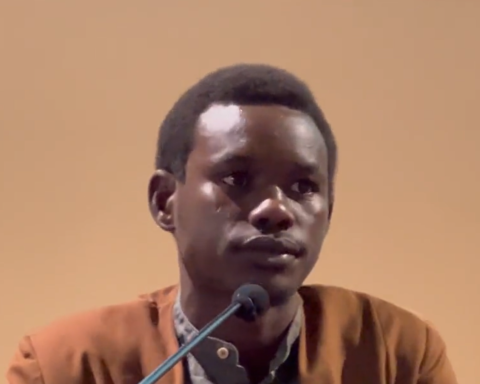Responsibility of international organizations for human rights violations: the case of Frontex

Universiteit Leiden
Chiara Loiero – s1162314
LLM – Public International Law 2014/2015
La tesi affronta la seguente questione: è possibile individuare una responsabilità internazionale in capo all’Unione Europea per eventuali violazioni di diritti umani commesse nel contesto di operazioni di controllo delle frontiere coordinate dall’Agenzia Frontex?
Prendendo spunto dalle regole sulla responsabilità delle organizzazioni internazionali adottate dalla Commissione di Diritto Internazionale, la tesi propone alcune ipotetiche conclusioni circa la possibile responsabilità dell’UE per violazioni di diritti umani commesse in occasione di operazioni in cui la stessa agenzia Frontex è coinvolta.
Tale analisi, seppure resa più complessa dalla mancanza di una chiara demarcazione delle responsabilità tra le diverse entità in gioco e dalla non totale trasparenza dell’agenzia circa le sue attività, mira a promuovere un maggiore rispetto dei diritti umani attraverso il rafforzamento dei principi di responsabilità e certezza giuridica all’interno dell’UE e delle agenzie ad essa collegate.
Responsibility of international organizations for human rights violations: the case of Frontex. Tesi di Chiara Loiero
Argomenti
GeoTag
Vedi anche
On Human rights violations: the externalisation of European borders,testimony, and accountability in Serbia
Master’s degree thesis by Lucia Bertani
Bulgaria, «Rosenovo does not exist»
Chronicle of the discovery of the body of Saif Al-Ahmad, a 22-year-old boy
David Yambio: «The memorandum of agreement with Libya is a terrorist act»
Interview with the spokesperson of Refugees in Libya: “On the 9th and 10th of December we will be in Geneva for a sit-in in front of the UNHCR headquarters”
The SAR that doesn’t save
The second episode of the reportage «Crack. Testimonies and reflections from the central Mediterranean»



